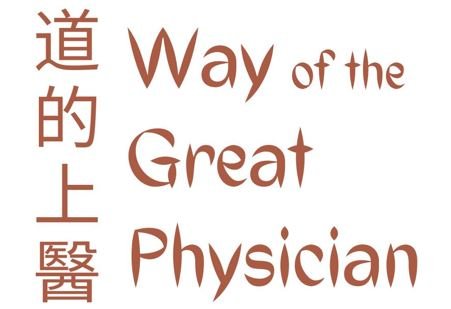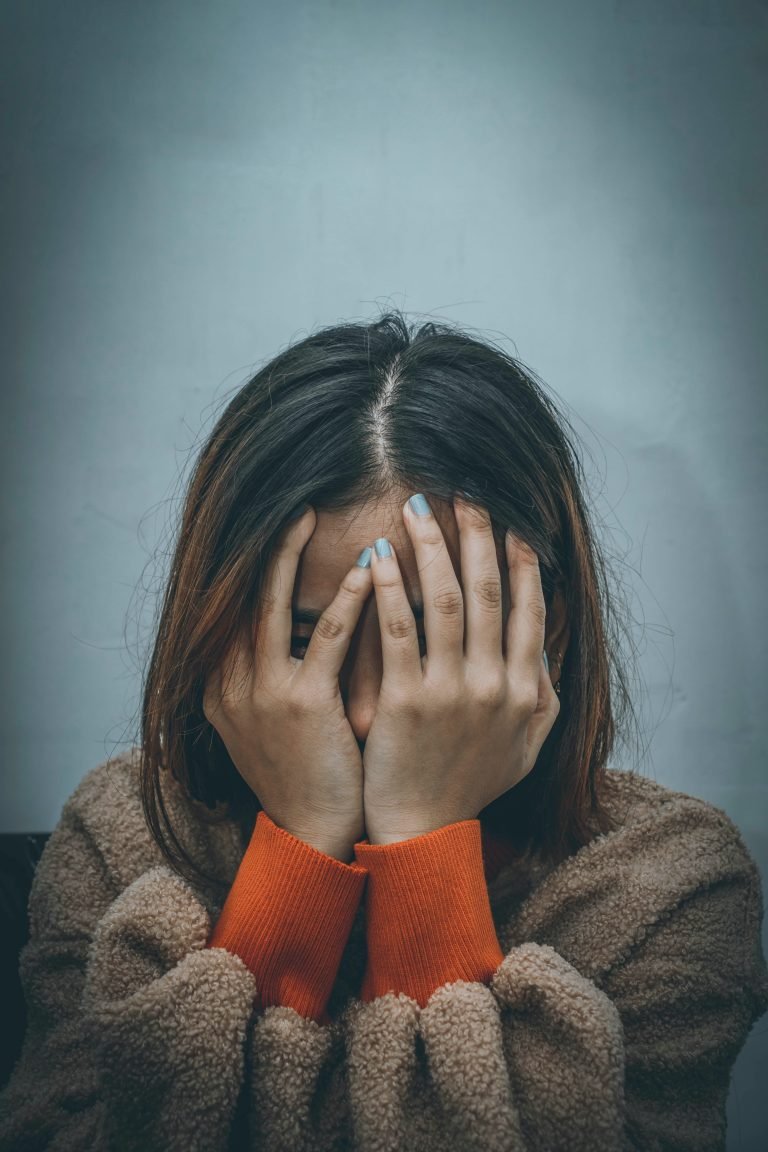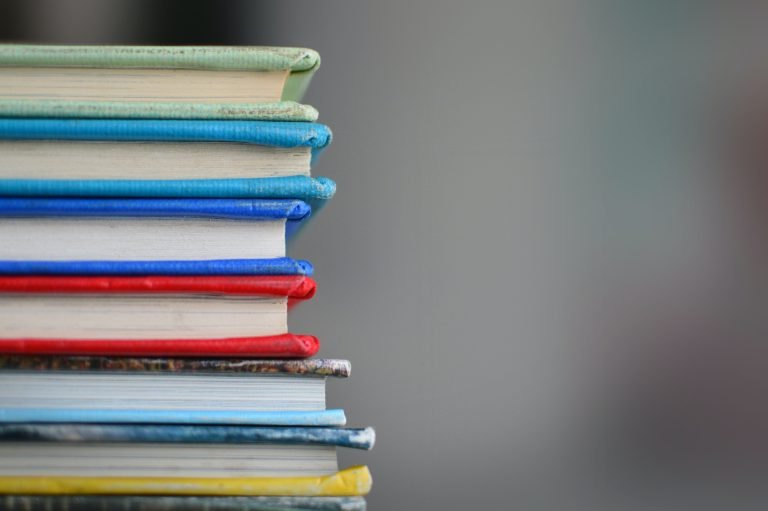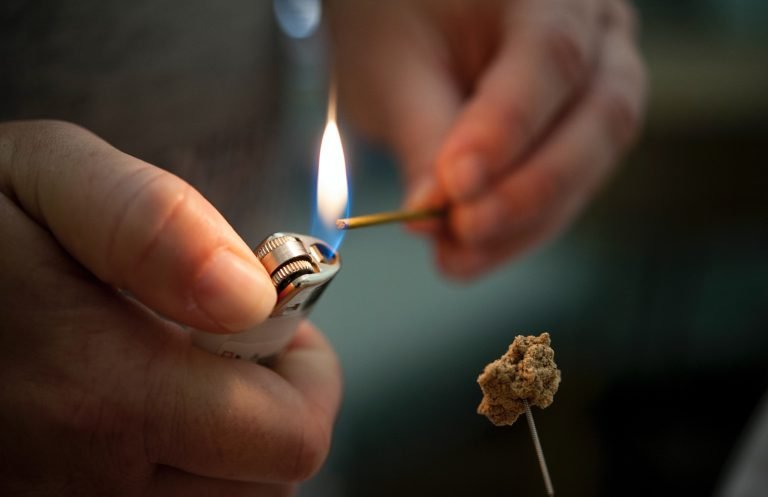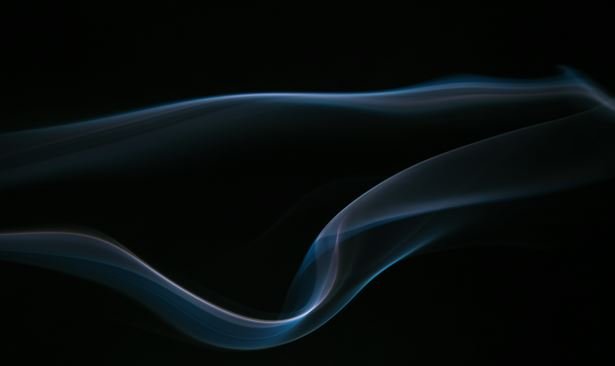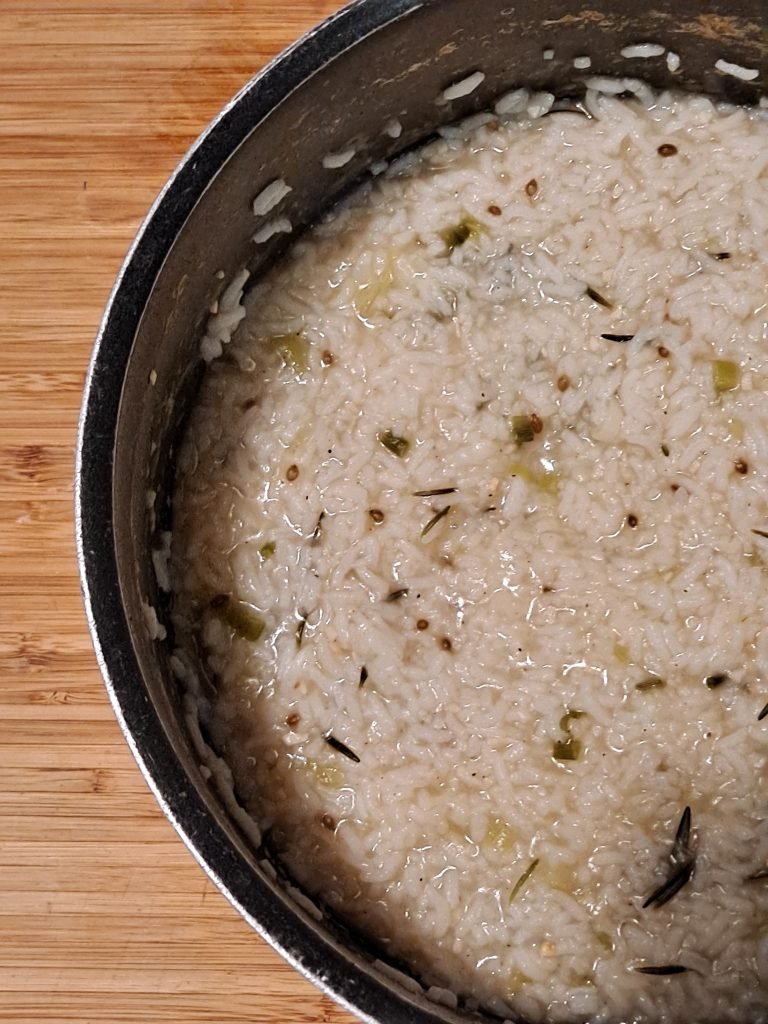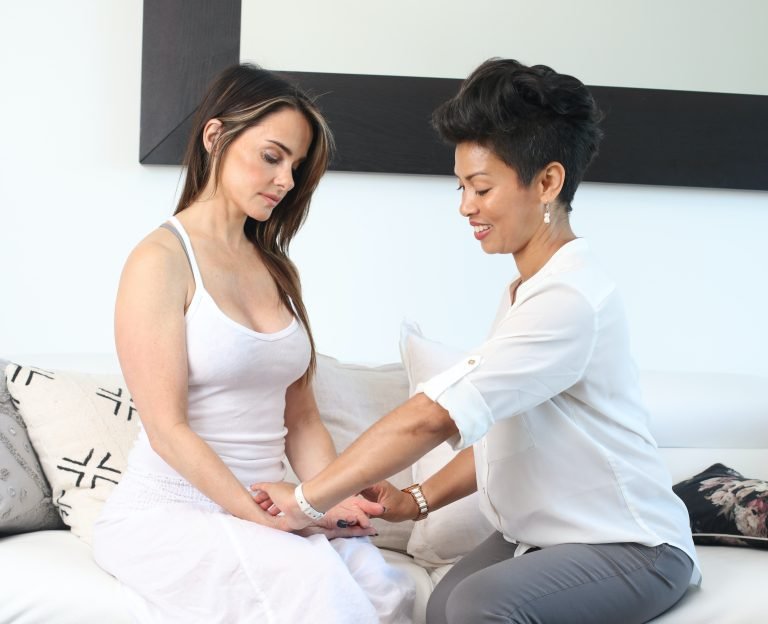After a friend went to her first acupuncture appointment as I had recommended, I called her to debrief. I asked if any questions came up during the treatment, she had one great question, which I would like to address here: What is the sensation I feel when I get needled?
I have seen and heard from many people who go to their first acupuncture treatment, afraid of needles, and they quickly realize that oftentimes, they can’t feel the needle go in. If they do feel it, it’s a quick prick that fades right away. After the needle is in, they may feel
- Nothing,
- Achy or soreness,
- A heavy sensation,
- A light sensation,
- Movement either up or down a limb,
- Radiation to other parts of the body,
- Sensations in a point on a different part of the body far away from the other points needled,
- Coolness,
- Warmth, and
- Numbness or tingling.
All of these sensations fit under the category of “DeQi.” DeQi is the sensation of Qi arriving to a point. About this important sensation, the HuangDi NeJing LingShu (Yellow Emperor’s Inner Canon) chapter one states
氣至而有效,效之信,若風之吹云,明乎若見蒼天,刺之道畢矣。
Huangdi neijing lingshu chapter 1 (1)
“The most important thing in acupuncture is to get the acupuncture feeling [DeQi], when it appears, the curative effect will appear in the wake of it, and the curative effect is so reliable as the blue sky appearing when the clouds are blown away by wind.”
If the DeQi sensation is not felt, it may be due to some of the following reasons (2):
- The needle might be in the wrong location. I have met some patients at my school clinic who are very knowledgeable about their bodies, have received acupuncture for years, and tell us very clearly if we have got the correct location or not. If they don’t feel the DeQi, they patiently ask us students to try again.
- The needle may be too deeply or shallowly needled. If this occurs, the needle can be adjusted to the proper depth and/or removed.
- The needle requires manipulation, small deliberate movements of the needle to prompt the Qi sensation. Electro-acupuncture is when inserted acupuncture needles are connected to a low controlled electric current which keeps the needles stimulated for longer periods of time. Studies have shown that electro-acupuncture can help with many things, including peripheral nerve repair after an injury (3).
- It may not be the acupuncturist’s style. Some acupuncturists find the DeQi sensation more important to achieve than others. For example, in gentle Japanese acupuncture, the DeQi sensation is not the goal. If someone is extremely sensitive to needles and the sensation of DeQi, they could find someone who practices Japanese acupuncture.
- It may be due to the constitution of the person. The HuangDi NeiJing Ling Shu chapter 67 states
或神動而氣先鍼行;或氣與鍼相逢;或鍼已出,氣獨行;或數刺乃知;或發鍼而氣逆;或數刺病益劇。
huangdi neijing lingshu chapter 67 (1)
“An individual with abundant yang qi may have a quick needling sensation; a healthy person responds at a normal rate to acupuncture, neither quick nor slow; and a person with excessive yin and deficient yang may have a slow needling sensation.”
If the sensation is lastingly sharp or electric is not the sensation of DeQi and should be communicated with your acupuncturist. Whatever information you can provide to your acupuncturist about the sensations you feel is helpful for them to know how to tweak the treatment to best meet your needs.
If you have any other concerns or questions, reach out to me or talk to your acupuncturist!
Sources:
- Wang B. Translated by Wu L. HuangDi NeiJing LingShu. China Science & Technology Press.
- Cheng X. Chinese Acupuncture and Moxibustion. Foreign Language Press.
- Yang Y, Rao C, Yin T, et al. Application and underlying mechanism of acupuncture for the nerve repair after peripheral nerve injury: remodeling of nerve system. Front Cell Neurosci. 2023;17:1253438. Published 2023 Oct 24. doi:10.3389/fncel.2023.1253438
